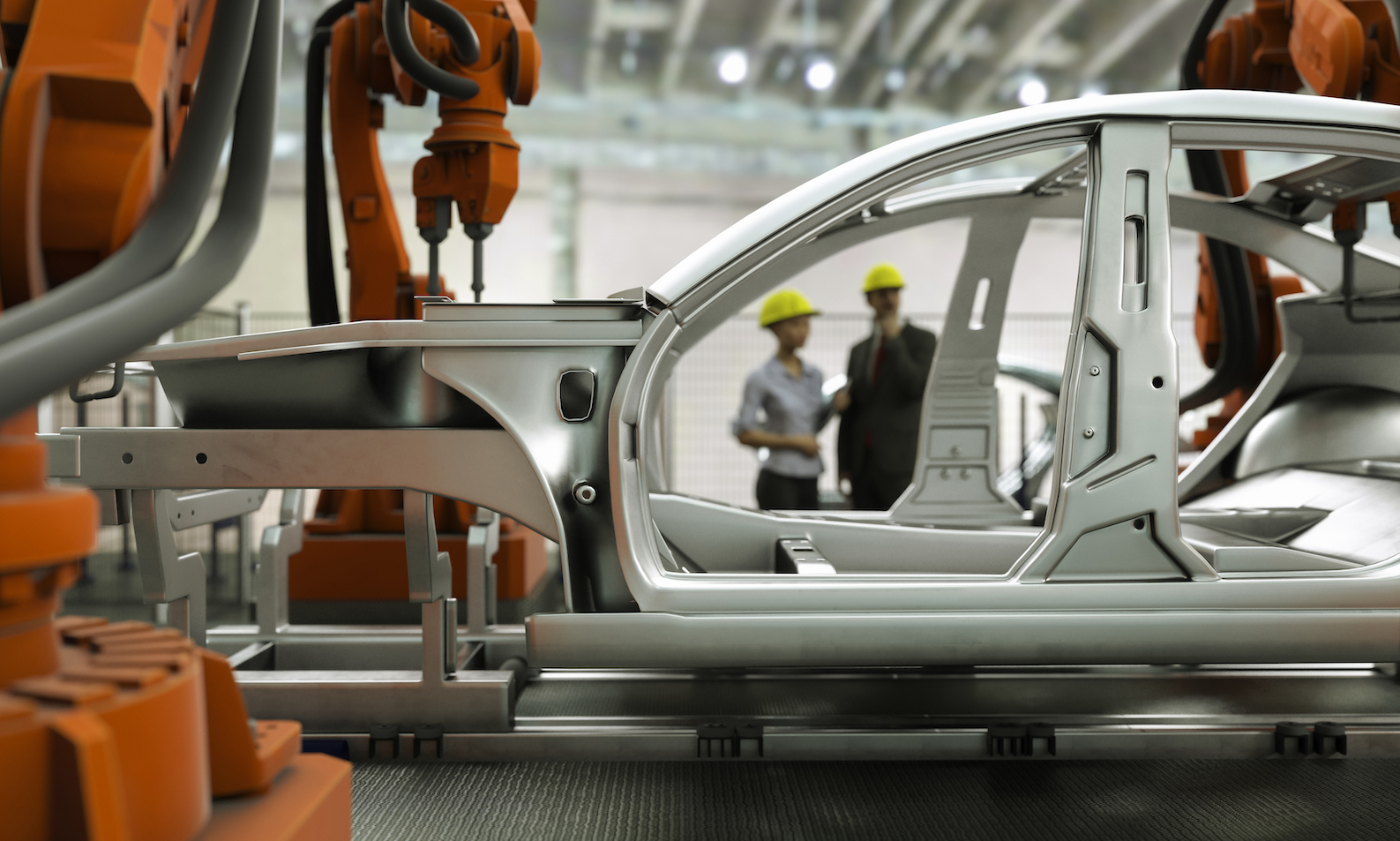Rishi Sunak has said Britain is engaged in talks with the European Union (EU) about automotive concerns, following warnings of an “existential threat” posed by a looming Brexit trade deal deadline.
Yesterday, car manufacturer Stellantis, which has Citroen, Vauxhall, Fiat and Peugeot among its brands, told MPs it will be unable to keep a commitment to make electric vehicles in the UK without changes to the current UK-EU trade agreement, the Trade and Co-operation Agreement (TCA).
The firm, which is the world’s fourth largest carmaker, told a House of Commons inquiry into the supply of batteries for EVs that their UK investments were in the balance due to the terms of the trade deal. Stellantis had previously committed to making electric vehicles at its Ellesmere Port and Luton plants two years ago.
But under the terms of the TCA, from next year 45% of an electric car’s value should originate in the UK or EU to qualify for trade without tariffs, with higher requirements for batteries.


Without meeting the requirements, cars manufactured in the UK would face a 10% tariff. The company said that such a tariff is a “threat to our export business and the sustainability of our UK manufacturing operations”.
The company said the Brexit deal was a “threat to our export business and the sustainability of our UK manufacturing operations”. It called on the Government to reach an agreement with the EU to maintain existing rules until 2027.
Speaking to broadcasters on board the JS Izumo aircraft carrier in the Yokosuka naval base near Tokyo, prime minister Rishi Sunak said that he is currently discussing the issue with the EU.
“It’s something that car manufacturers across Europe, not just in the UK, have raised as a concern,” he said.
“And as a result of that we are engaged in a dialogue with the EU about how we might address those concerns when it comes to auto manufacturing more generally.”
Addressing concerns about UK battery-making capacity, Mr Sunak said: “Nissan have invested a billion pounds in battery manufacturing capability in the North East.
“I’ll be talking to the Nissan CEO and other Japanese business leaders later about investment into the UK”.
It comes as Professor David Bailey, from Birmingham Business School, said: “I think there is a kind of existential threat to the UK car industry.”
He told BBC Radio 4’s Today programme: “Car makers have been saying for some time, they can’t meet those rules as they tighten up, and they’re going to potentially be facing tariffs.”
Meanwhile, the Labour leader Sir Keir Starmer told BBC Breakfast that although re-entry to the EU was not on the table “we do need to improve that deal”.
“Of course we want a closer trading relationship, we absolutely do. We want to ensure that Vauxhall and many others not just survive in this country but thrive,” Sir Keir said.
“Because there are jobs bound up, there are families watching this morning either employed by Vauxhall or a similar place who are deeply worried about what this means.
“So yes we need a better Brexit deal. We will make Brexit work. That doesn’t mean reversing the decision and going back into the EU but the deal we’ve got, it was said to be oven-ready, it wasn’t even half-baked”.
Speaking to reporters yesterday, a Downing Street spokesman said “we hope to come to a resolution with the EU on this” but would not confirm whether talks were aimed at pushing back the deadline.
“Downing Street spokesman said “we hope to come to a resolution with the EU on this” but would not confirm whether talks were aimed at pushing back the deadline.
Shadow business secretary Jonathan Reynolds said manufacturers had been let down by a “Government in chaos”.
He said: “This is an indictment of a Government that has both failed to make Brexit work for businesses and is unable to harness the opportunities of the green transition.”

